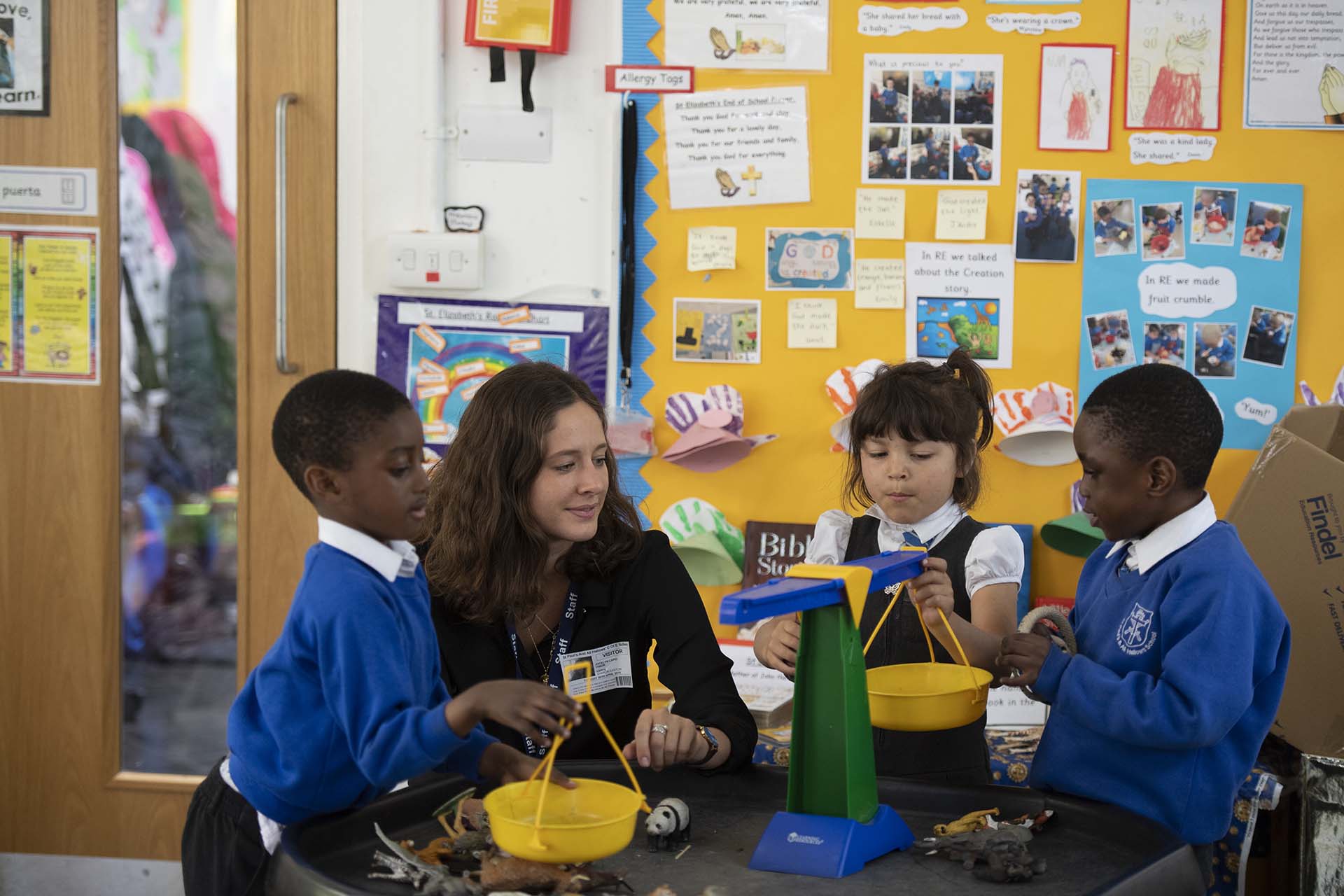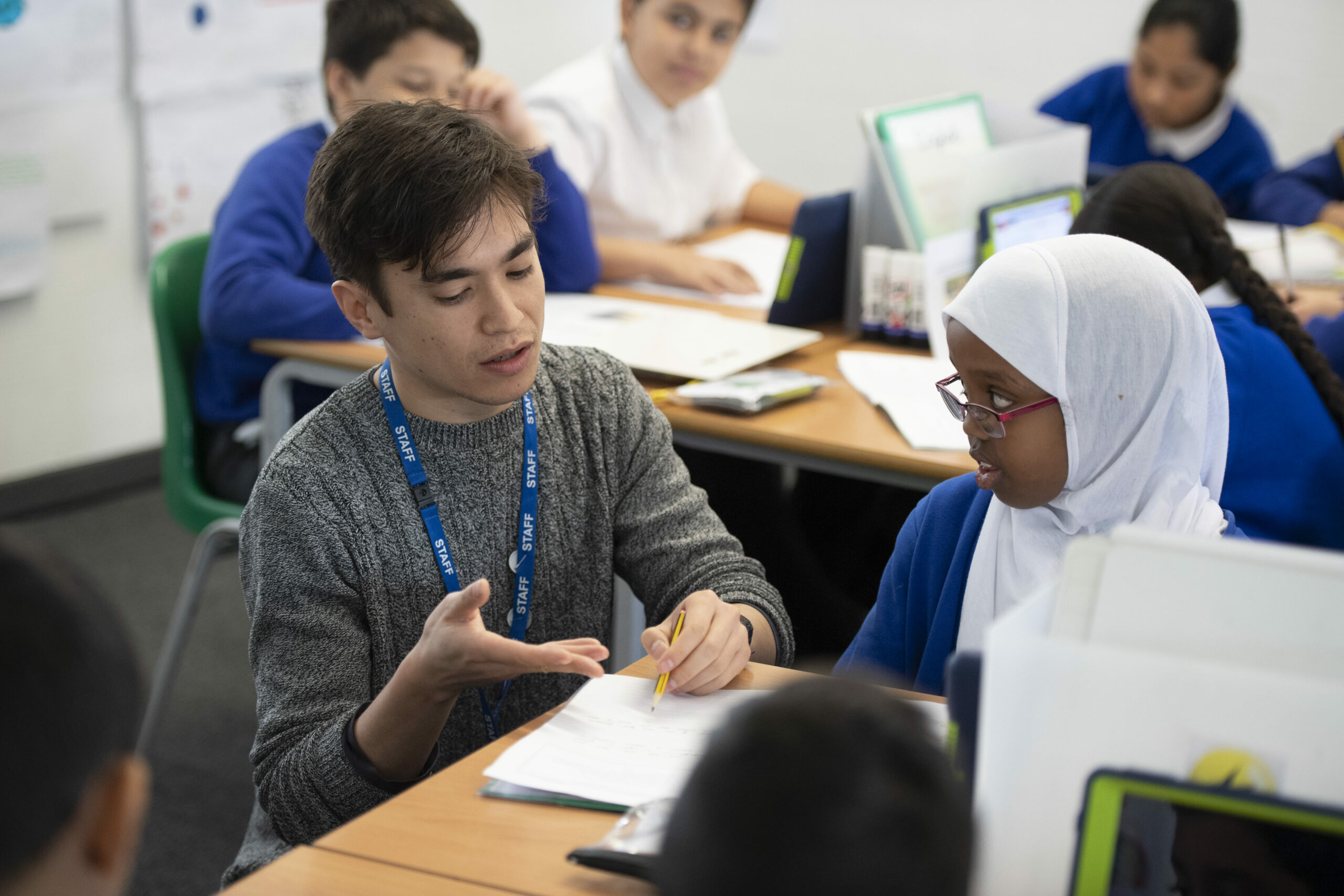Any great teacher will tell you that teaching isn’t just about delivering lessons, it’s about being a part of the development of students and their development to help them on their journey to success. But further than that, it is about empowering them to motivate themselves to work harder, achieve their full potential and thrive.
Empowering students is one of the most effective strategies to encourage them to take ownership of their learning and thrive. Let’s explore some of the best practices for empowering students to thrive.
Involve them in decisions
From a student’s perspective, school life can often feel like a world of rules and being told what to do. While teachers may not see it in the same way, it is important that students are involved in decision-making.
Giving students more opportunities to make decisions for themselves will help them think independently and gain confidence in making decisions. It will also help them take ownership of their future and teach them to take accountability.
Actively encourage discussions
Consider building more discussion time into your lesson plans to help encourage students to share their views and thoughts. Creating a safe environment where students feel empowered to share their views and participate in open discussions will help them build the confidence they need to thrive.
Think creatively about the ways you can build discussions into your lesson plans, whether it is debating different theories, giving opinions or simply sharing experiences.
Recognising neurodiversity
Every persons brain processes and functions differently, this is known as neurodiversity. A neurotypical person will interpret information and have the intellectual and cognitive abilities expected of someone their age.
But this isn’t true for everyone or every child, according to Acas around 15% of people in the UK are neurodivergent. Being neurodivergent means that your brain functions differently to someone who is neurotypical, for example your thinking skills or ability to process information may be different.
Children with autism, ADHD, dyspraxia and dyslexia are often considered as being neurodivergent. Understanding that brains can work differently can help teachers adapt their teaching style to ensure both neurotypical and neurodivergent students thrive.
Modifying your teaching style and taking time to ask students how they are getting on can help you better understand and recognise neurodiversity. Taking this approach can help teachers identify students strengths as well as their weaknesses so they can adapt their teaching style.
What may come natural to a neurotypical student can be a challenge for a neurodivergent one, and equally there may be areas that neurodivergent students thrive. Neurodivergent students often display great attention to detail which can make problem solving an area they thrive in.
Enable creative expression
Creative expression is a vital part of any child’s development, from early years through to further education. In early years, play is an essential way for children to express themselves but as students get older they will often express their creativity through drawing, painting, writing or music.
Any way that a student shows creative expression should be encouraged to help them build confidence, demonstrate who they are as a person and help them thrive.
Drive problem-solving skills
Setting problem-solving tasks can help students develop better analytical skills and generate new ideas as they try to solve the problem. Including tasks in your lesson plan that require research, analysis and trying different approaches or solutions can empower students and drive them to be successful.
Develop leadership
Assigning students with leadership roles such as captain of a sports team or using a buddy system for older students to support new students, can help students gain a sense of responsibility that will help them build confidence.
Some students will be natural leaders, whereas others will need to work on their leadership skills, but nurturing both and ensuring the same opportunities are available to everyone will help empower every student to be confident enough to lead.
Looking for tips on lesson planning?
A lesson plan doesn’t just help teachers be prepared to teach, it benefits the students by setting a clear focus for each lesson and determines the learning outcomes. It can also highlight assessment opportunities and benefits the school as a whole as lesson planning and outstanding lessons are a criteria Ofsted look at during inspections.
Head to our blog article to discover our hints and tips for great lesson planning.
Looking to take the next step in your teaching journey?
If you are looking for your next challenge, join the Vision Teaching community to help you find your next rewarding role. As specialists in all aspects of school recruitment, we help every borough in London attract and retain high-quality teaching, support, and administrative staff. We have a wide range of opportunities across London in both primary and secondary education settings.
Browse our teaching jobs and find your next role: https://visionteaching.co.uk/job-search/
Other Posts...

The Power of Positivity in the Classroom: Unlocking Potential for Success
17th February 2025
Read More




